AEW star and producer Ari Daivari was the latest guest on the company’s Unrestricted podcast, where the Trustbusters member discussed his work behind-the-scenes, and how he hopes to continue working with both divisions as a producer, a position that he is really enjoying at the moment. Highlights from the interview are below.
On working behind the scenes in AEW:
“One thing I really like to pride myself on in my wrestling career, and I give a lot of credit to my older brother Shawn, before I even broke into wrestling, he was already in the WWE. He knew I wanted to become a wrestler and he was already giving me advice that he would get from guys in WWE, I’m talking legendary guys; Chris Jericho, Undertaker, Shawn Michaels, Eddie Guerrero. All those types of guys were giving him advice because he was like Dante Martin minus the athleticism. He was a 21-year-old in a WWE locker room, so he was getting tons of advice from these legendary performers, and he would come home and tell me about it. I was getting all this information about psychology before I even got into wrestling. once I started wrestling, I kept those things in mind. I feel like I have a good grasp on that because I had a leg up. While I was at WWE, I was thinking of different ideas and watching matches closely and I knew it was something I wanted to do. He eventually became a producer at WWE, so I started talking to him more and more about the process. Eventually, I started doing it as a trial run there as well before I started at AEW. Pat Buck, a producer here, spoke to Tony Khan about it, and Tony even mentioned to me, ‘I see what you’re doing in WWE, I think you’re a good veteran leader for some of our younger wrestlers.’ Tony is good about developing the younger wrestlers and talent. He asked me. He even said that about Parker Boudreaux, ‘he’s really good, he’s a young guy, he’ll do great learning from you and stuff.’ I mentioned that I would like to do that for all the talent. That’s how that came about.”
Talks his work in the AEW women’s division:
“Then, I started working with the girls. A big part of this job, especially in AEW, we have such a talented roster that maybe back in 2204-2007 when there were some wrestlers on TV, guys who were brand new and didn’t know anything, a producer would have to take those guys by the wrist and plan spot by spot because they needed that kind of help and without an agent, they were screwed. Here in AEW, we have an extremely talented roster and it’s obvious because Tony Khan prides himself on having banger matches. As a producer here, I feel, it’s almost sometimes reigning talent back just a little bit for their own good. We have some wild and crazy guys and girls who are dedicated to the business and if you don’t reign them back a little, they’re going to go out there and potentially kill themselves for the love of the business. It ain’t a bad thing to have that mentality, but sometimes you want to reign it back a little like, ‘We have week-to-week TV, I need you here next week.’ Being a producer, you want to help instill the psychology, make sure the old school rules live on while still adding a new school flavor.”
His goals in AEW and how he hopes to continue producing for both divisions:
“As a coach, my goal is to get to know the roster better and everyone’s mentality of how they think and put matches together because on thing that I think is tough for some talent or some coaches that’s varied is, some coaches have a specific way that they think wrestling should be and that’s how they take to every single talent. ‘Hey, you should do it exactly like this.’ Our talent is so different, everybody thinks and works differently, I want to get to know everybody on our roster. I worked a lot with the women’s division and I noticed that ‘am I just becoming the producer on the women’s division?’ I asked Tony, ‘I want to work with everybody.’ I love working with the women and I’m not saying I don’t want to work with them, but I do need to get to know everybody because there is going to come a time where, for some reason, I’m going to have to work with another talent and if they’ve never worked with me before, they might be a little uneasy or hesitant. I need to get to know the roster and know how everybody wrestles. That was probably the biggest goal, working with literally everybody, from top to bottom, men’s and women’s division.”
(H/T and transcribed by Fightful)


